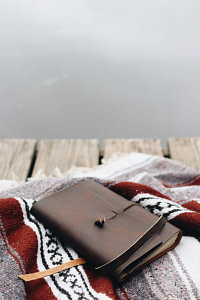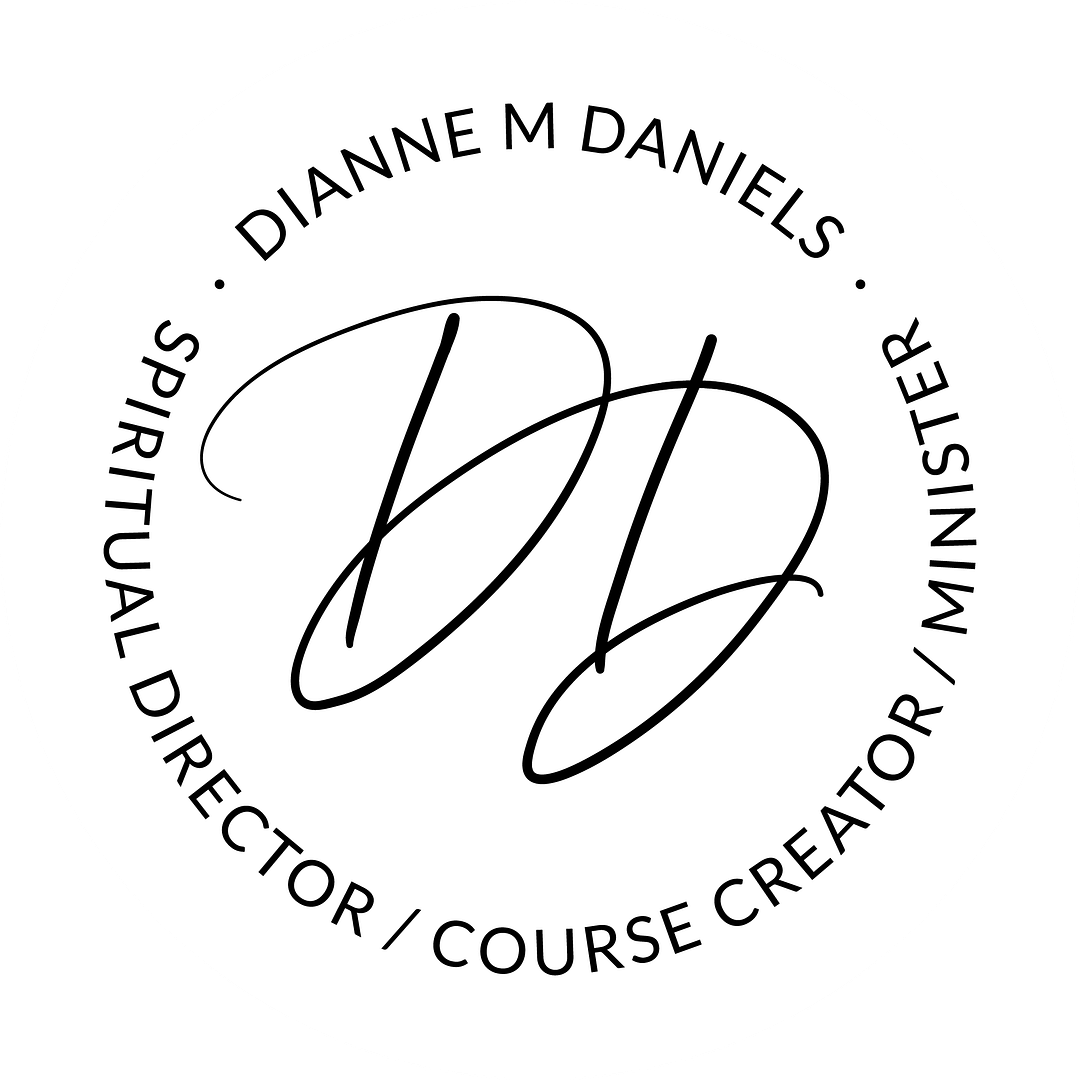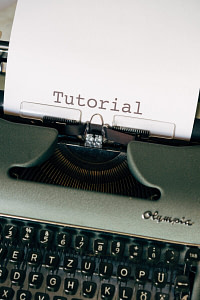One of the biggest determining factors of success is lifelong learning – no matter your age, you can continue to expand your mind and learn new things, skills, and concepts. You can use journaling as a way of increasing your personal success factor.
 People who see themselves as perpetual students, always open to learning, are more open-minded, and tend to be more successful. Journaling can be a part of your learning toolkit that enhances the lifelong student mindset.
People who see themselves as perpetual students, always open to learning, are more open-minded, and tend to be more successful. Journaling can be a part of your learning toolkit that enhances the lifelong student mindset.
Here are some ways that you can use journaling as a learning tool:
- Tracking behavior- Whether you do a bullet point journal or write your account of a journey, a project you’ve started, or an obstacle you’ve overcome, tracking your thoughts daily will create patterns that you can measure and learn from over a period of time. Being able to create data points that you can review and analyze will help you make significant changes for your success, and help you see what success-enhancing actions you should concentrate on and repeat.
- Note Taking – Journaling is an excellent way to take notes about
something you are learning. Imagine learning to master baking bread and desserts. Each time you make a new treat you can simply journal what worked and what you would do differently so you can improve over time. You’ll also have a record of what special accomplishments you’ve enjoyed and you’ll be able to reinforce your creativity and learning.
- Cliff notes – Cliff notes are a long-standing way for students to get the gist of something when they don’t have time to digest all the detailed information. Journaling cliff notes about what you are learning is a terrific way to keep the most valuable information summarized and ready while you move on with other, detailed information.
- Compare and contrast – Are you trying a series of assorted products or methods looking for the best fit to continue and expand your creative or analytical process? Journaling to compare and contrast information is an excellent way to remind yourself of the merits of your options as well as how they stack up against one another.
- Create a manual – Learning a whole new process? Journaling the ins
and outs and the steps and protocols can help you make a reference sheet or manual that will cut time in the future. You can then choose to share what you’ve created, or you can enhance your intellectual credibility by teaching your method to others.
- Become better at your craft – Let’s say you love wine. You especially love wine tasting. You started as a novice and knew nothing about what you tasted when you sipped a solid red. Over time you could discern the special notes and layers of the wine. Journaling about your wine tasting can give you an edge as you build your talent and remind you of times past when you tasted pepper in the merlot or that sometimes vanilla is used to create a great chardonnay.
Journaling is an excellent way to keep your learning curve headed in the right direction. Using the art of journaling to enhance your learning experiences will help you retain information and turn you into an expert.








